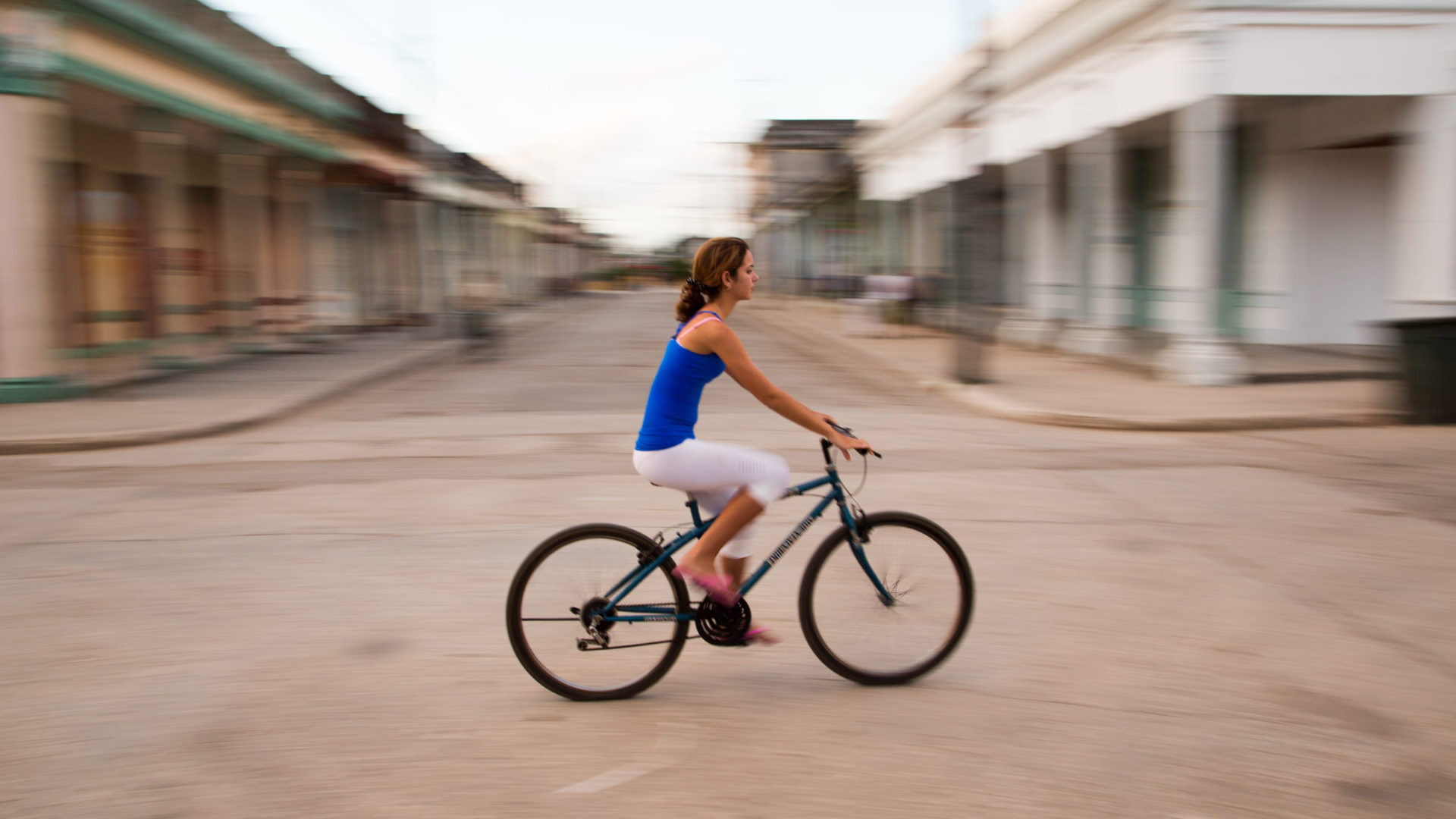
There were days during my overseas life when I wanted to buy a house and stay in my adopted country forever. And then there were days I wanted to hawk everything I owned and buy a one-way ticket back to the States.
On buses in Brazil, I overheard conversations about “a gringa” that would have been considerably less awkward had I not been fluent in Portuguese.
In shops in South Asia, prices mysteriously doubled (even tripled!) the moment I walked in the door.
In Kenya, I couldn’t even walk to church without my neighbors shouting, “Mzungu! Mzungu! Foreigner! Foreigner!”
Sometimes it seemed like I could barely leave the hotel or apartment without people making insulting assumptions about my education, character, income, politics, and even sexual availability. But it wasn’t until I’d settled back into my comfortable American life that I realized the truth: what I’d experienced was my white privilege, turned on its head.
This Is Privilege?
When I first heard the term “white privilege,” I couldn’t fathom that such a term might apply to me. I wasn’t privileged, was I?
I wore hand-me-downs. I ate generic brand food. My dad drove a Cutlass with zero suspension and a trunk wired shut with a coat hanger (long story). I didn’t get into a private college because I was white. I got in because I worked my tail off for a 4.0. I wasn’t privileged. Was I?
But now, as I look back over my time overseas, I can see something new. I can see my Latina-American roommate moving through the streets of South Asia without turning a single head, blending in effortlessly. With just a few handy phrases in Hindi, she could haggle any auto-rickshaw driver down to a fair price.
I can see my African-American teammate putting Kenyans at ease without even trying. Even with his American clothes and broken Swahili, the frowns that greeted me transformed into smiles when he approached. I can see him fitting seamlessly and gracefully into their community while I stood on the outside, stewing with frustration and jealousy.
And now I look back on that anger and I wonder, is that how they’ve felt all their lives?
They Must Become More
A couple years ago, my almost 100 percent white church partnered with a new church plant led by an African-American community. The first night we worked together was everything you might expect—an awkward but fun time of teaching and witnessing alongside a new and admittedly different group of people.
But afterward, one of the women from the church plant called my (white) pastor in tears. Her voice shaking, she told him, “This was the first time in my life where a white person made me feel like my color was a blessing to them.”
“While I was rankling against the unfairness and discomfort my white skin seemed to attract like sunburn, were my friends of color seeing—maybe for the first time—that their skin color was an asset and not a liability?”
I was floored. My “raceless” little world was shattered to pieces. I began to look back over my time in Kenya, South Asia, and Brazil, and I wondered if I’d completely missed what had been happening there. While I was rankling against the unfairness and discomfort my white skin seemed to attract like sunburn, were my friends of color seeing—maybe for the first time—that their skin color was an asset and not a liability?
Thanks to my time overseas and the patience and grace of that dear church plant in Charleston, South Carolina, my eyes were suddenly and irrevocably opened to a world of pain and oppression that I’d been utterly blind to. My struggle in those moments overseas came because I was not able to use my whiteness to my advantage. And the humility required to allow others to cover me was a difficult pill to swallow.
I Must Become Less
Now, I haven’t achieved some miraculous level of racial reconciliation. Ask any of my (admittedly and shamefully few) friends and coworkers of color, and I’m sure they’ll graciously and gently assure you of that fact. But I see it now. By God’s grace, my sinful heart now has the smallest of cracks in it, and the light is slowly coming through.
Now, when people of color tell me they feel belittled, I try to listen humbly. When black men tell me that the laws that have given me liberty have denied them justice, I believe them.
When Latina women tell me that “harmless” jokes about illegal immigration hurt them deeply, I retire those jokes from my vocabulary.
Because Christ has commanded me to “be completely humble and gentle; [to] be patient, bearing with one another in love” (Eph. 4:2 ESV). Because Christ, when he walked this earth, reached across ethnic barriers with gentleness and grace (John 4:1–45).
And because, if we’re ever going to see that “great multitude that no one [can] count, from every nation, tribe, people and language, standing before the throne and before the Lamb” (Rev. 7:9 ESV), it’s going to require the wisdom, experience, input, blood, sweat, toil, and tears of hundreds upon thousands of people who don’t look, act, or think like me.
I can’t change the past half-dozen centuries. But God can change me. And I desperately need him to.
Jaclyn S. Parrish worked as a writer for IMB in South Asia. She currently serves in the US as a writer, editor, and social media associate for IMB. You can follow her on Twitter at @JaclynSParrish.

